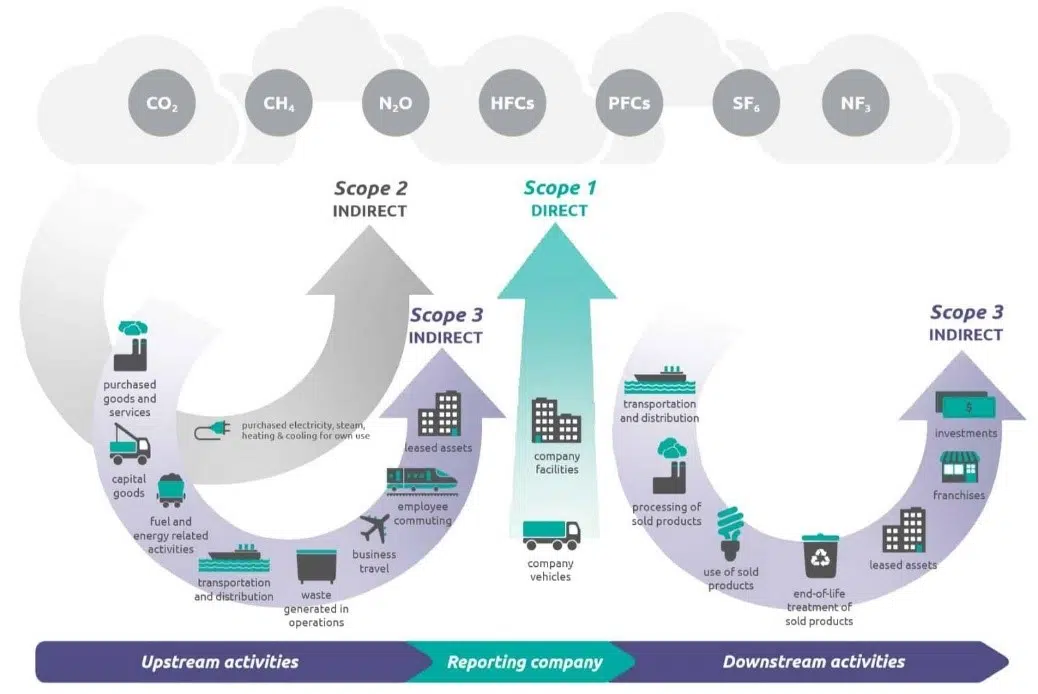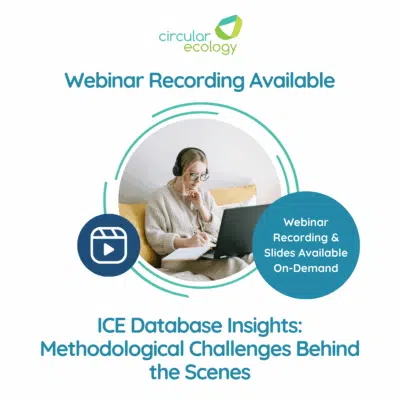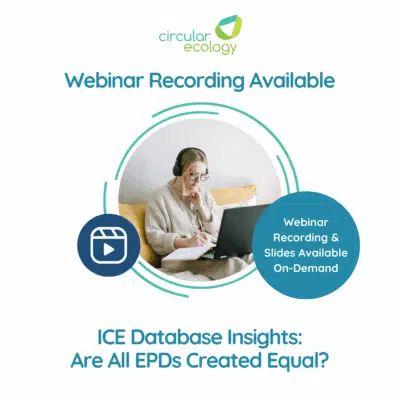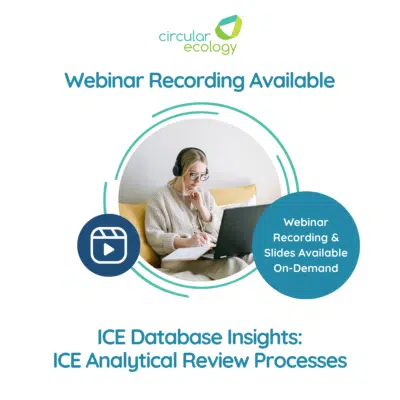Carbon Reduction Plan for UK Government Suppliers
A Carbon Reduction Plan for UK Government suppliers is now a compliance requirement when bidding for government contracts with an anticipated value of £5m per annum or above. PPN06/21, Policy Procurement Notice (PPN) published in June 2021 by the UK Government, sets out guidance for the Net Zero Carbon Reduction Plans (CRPs).
The Carbon Reduction Plan must confirm the supplier’s commitment to achieving Net Zero by 2050 in the UK. Additionally, the plan must include details of any environmental management measures that have been put in place, from reporting of its Organisational Carbon Footprint. The approach aims to ensure any potential government suppliers understand their environmental impacts and take meaningful action to reduce its greenhouse gas emissions.
PPN 06/21 also informs part of the NHS Net Zero Supplier Roadmap and is a requirement from 2024. Our guide for NHS suppliers provides dedicated information.
What are the requirements for potential government suppliers?
- Scope 1 & 2 organisational footprint
- Scope 3 (subset) organisational footprint
- Carbon Reduction Plan (CRP)
It is also a requirement to update these footprints annually. This allows for progress review of carbon reductions to see if they are on track to reach the planned targets.
Scope 1 & 2 Organisational Footprint
Scope 1 covers the direct emissions that occur from sources owned or controlled by the organisation. Examples include natural gas in central heating and fuel used in company owned cars.
Scope 2 covers the indirect emissions from the generation of purchased electricity that is consumed by the organisation.
Organisations may already calculate these emissions and these existing assessments can be used as part of the NHS requirements.
Scope 3 Organisational Footprint (subset)
Scope 3 emissions cover all other indirect emissions. They result from the activities associated with the organisation, but which occur from sources not owned or controlled by the organisation itself.
Scope 3 emissions can often contribute the largest proportion of an organisation’s carbon footprint. As a result, they can take more time and resource to calculate.
Currently, PPN 06/21 does not require all 15x Scope 3 categories need to be covered by the assessment. The initial categories considered in scope are:
- Upstream transportation and distribution
- Waste generated in operations
- Business travel
- Employee commuting
- Downstream transportation and distribution
As the above emissions come from sources not owned or controlled by the organisation, actual data can sometimes be difficult to obtain. Often the emissions for some of these categories can be estimated using an organisation’s spend data, in the first instance, until the organisation is able to mature its own data collection processes. Our guide to Scope 3 Footprints provides more information on the process.
Carbon Reduction Plan
Following the completion of a Scope 1 & 2 footprint and the subset of Scope 3 emissions, a Carbon Reduction Plan (CRP) will also need to be developed.
The Carbon Reduction Plan should identify the reporting organisation’s baseline and latest carbon footprint, along with a statement of ambition (i.e. carbon reduction targets), along with a commitment to achieve net zero emissions by 2050 in line with the UK Government’s overarching target.
To further support this, the UK government have released a CRP template which can be utilised as a minimum to ensure a suitable structure is followed and all the reporting requirements are met.
How Can We Help with a Carbon Reduction Plan?
Circular Ecology can support your organisation to satisfy all the requirements outlined by PPN 06/21, by undertaking Scope 1&2 assessment, Scope 3 assessment and producing a Carbon Reduction Plan for UK Government Suppliers.
Furthermore, beyond meeting the requirements of the UK Government procurement process, undertaking an organisational footprint assessment and a carbon reduction plan can be highly beneficial. As well as supporting an organisation’s sustainability journey, it supports internal strategic planning for innovation and information to drive cost and energy savings, and it can help bolster an organisation’s green credentials and brand perception.
Please use the form below if you would like to reach out to us regarding these services:






